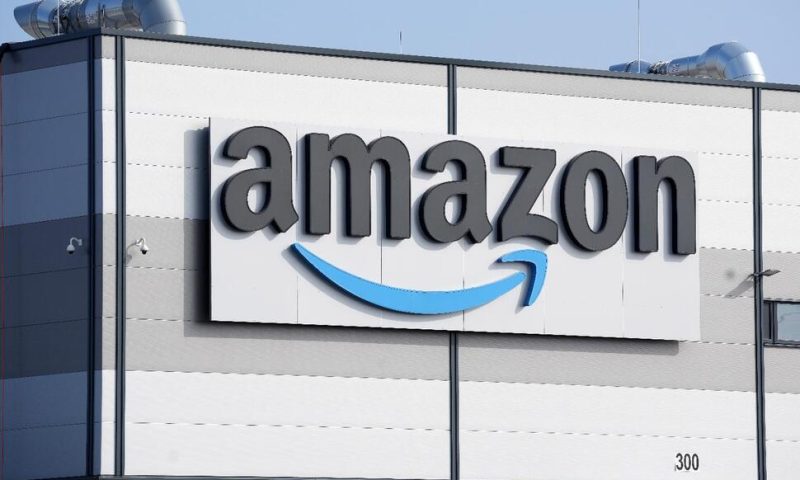Amazon on Thursday posted better-than-expected revenue and profits for the second quarter, sending its stock higher in after-hours trading
NEW YORK — Amazon on Thursday posted better-than-expected revenue and profits for the second quarter, sending its stock higher in after-hours trading.
The e-commerce giant earned $6.7 billion, or 65 cents per share, for the three-month period ended June 30, much higher the $3.64 billion industry analysts surveyed by FactSet had anticipated.
Amazon had reported a loss during the same period last year, driven by a big loss on its investment in electric vehicle start-up Rivian Automotive. Its profits for the second quarter include a pre-tax valuation gain of $0.2 billion in its Rivian investment.
The company, which has been on a cost-cutting spree over the past few months, said overall revenue was $134.4 billion, up 11% from the same period last year and beating analyst expectations of 8.5% growth.
“It was another strong quarter of progress for Amazon,” Amazon CEO Andy Jassy said in a statement.
Amazon’s cloud unit AWS, which has been closely watched by investors, posted $22.1 billion in revenue.
Jassy said growth in the cloud business, which had slowed since last year as companies cut back on costs, “stabilized as customers started shifting from cost optimization to new workload deployment.”
AWS grew by 12%, slower than 16% in the first quarter and 33% during the same time last year. Part of the slowdown can be explained by the fact that AWS is the market leader in the cloud arena, which makes it challenging to sustain the higher levels of growth it had in the earlier days.
In an effort to lure in more customers and gain a competitive edge in the generative AI race where it seems to be playing catchup, the company has also been rolling out AI tools its customers can use to make their own applications. Last week, it said an AI model called Amazon Bedrock is being used by the Irish carrier Ryanair, among others.
Meanwhile, Amazon’s flagship online retail business, which had slowed dramatically following a boom earlier in the pandemic, grew 5%, its best showing since the third quarter of last year.
Brian Olsavsky, Amazon’s chief financial officer, said during a call with reporters on Thursday that consumers are still operating on tight budgets and trading down to more generic brands even in the upscale grocery chain Whole Foods, which is owned by Amazon.
Deliveries for customers who shop online are getting much faster under the retailer’s new regionalization model. Previously, Amazon used to fulfill orders from warehouses across the country. But now, the company has eight regions across the country that are serving smaller areas, which helps it accomplish a twofold goal of cutting costs and getting items to its Prime customers quicker.
During the second quarter, more than half of Prime orders across the top 60 U.S. metro areas arrived the same day or the next, the company said Monday, touting what it called its fastest Prime speed ever. The company also publicized its plans to double the number of same-day delivery sites in the coming years.
Amazon’s physical store sales, which includes its Amazon Fresh and Go stores as well as Whole Foods, grew 7%. The company has ambitions to be a major player in the grocery sector but hasn’t grabbed significant market share since launching the Fresh and Go chain three years ago. It now operates dozens across the country.
Amazon CEO Andy Jassy said earlier this year that groceries present a big growth opportunity for Amazon but the company needed to find the right “mass grocery format” worth expanding broadly.
On Wednesday, Bloomberg reported the company was planning to add an online service that would allow customers to integrate orders from Whole Foods and Amazon’s other grocery stores into one cart. In a blog post, the company also provided a look at two revamped Fresh stores in Illinois that offer more product selections, self checkout and Krispy Kreme Doughnut shops. In addition to that, it has begun offering grocery deliveries for non-Prime members.
The company said it expects to earn between $138 billion and $143 billion in revenue during the third quarter.

